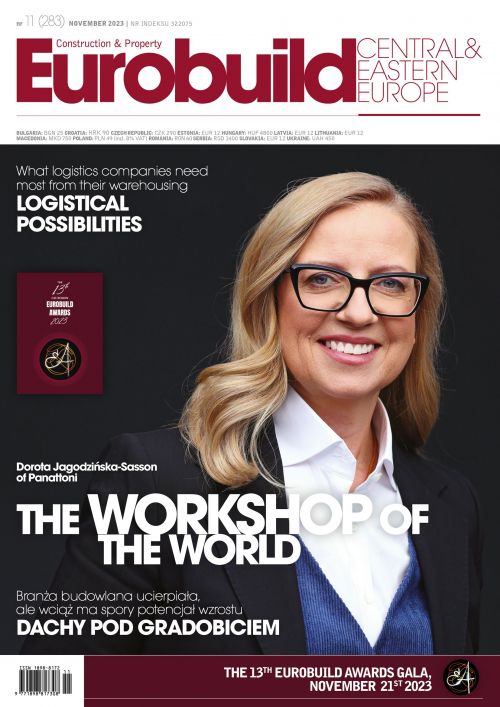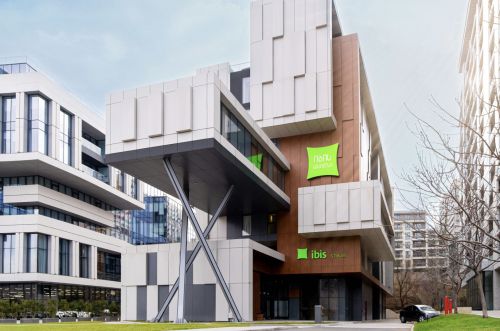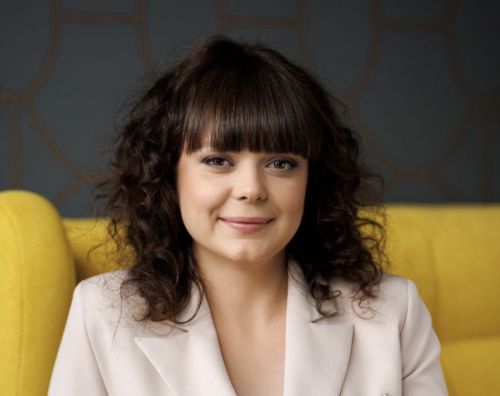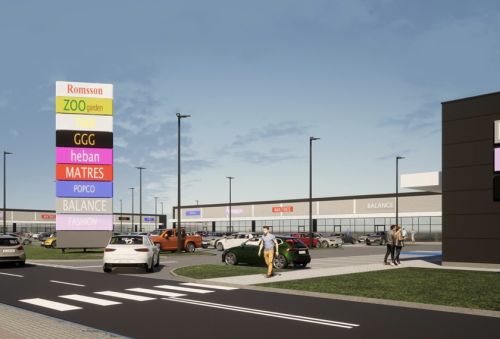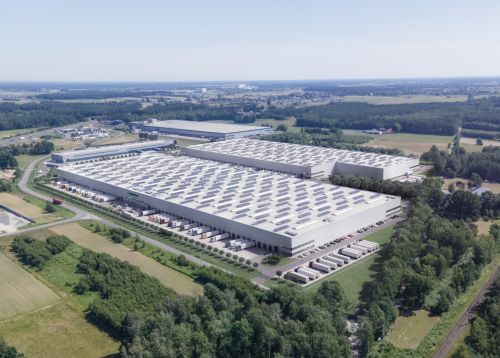This September you acquired the recently completed 7R City Flex Gdańsk II warehouse park, and before that you commissioned a number of other projects from 7R. Why are you working together when you are direct competitors?
Jarosław Czechowicz, the country manager of GLP for Poland: These types of transactions demonstrate the potential GLP has to invest in attractive properties that have been developed in the best locations. We want to take advantage of such opportunities just as much as we want to develop our own speculative projects and BTS buildings. Over the last few years, we’ve added completed buildings and logistics centres to our portfolio, including in Bieruń, Rzeszów and around Warsaw.
Your transaction in Gdańsk suggests that it might be worth investing in the north of the country. Which regions now seem the most attractive to you?
We are growing in places where the locations offer us the most opportunities, such as near big cities and international transport route



























